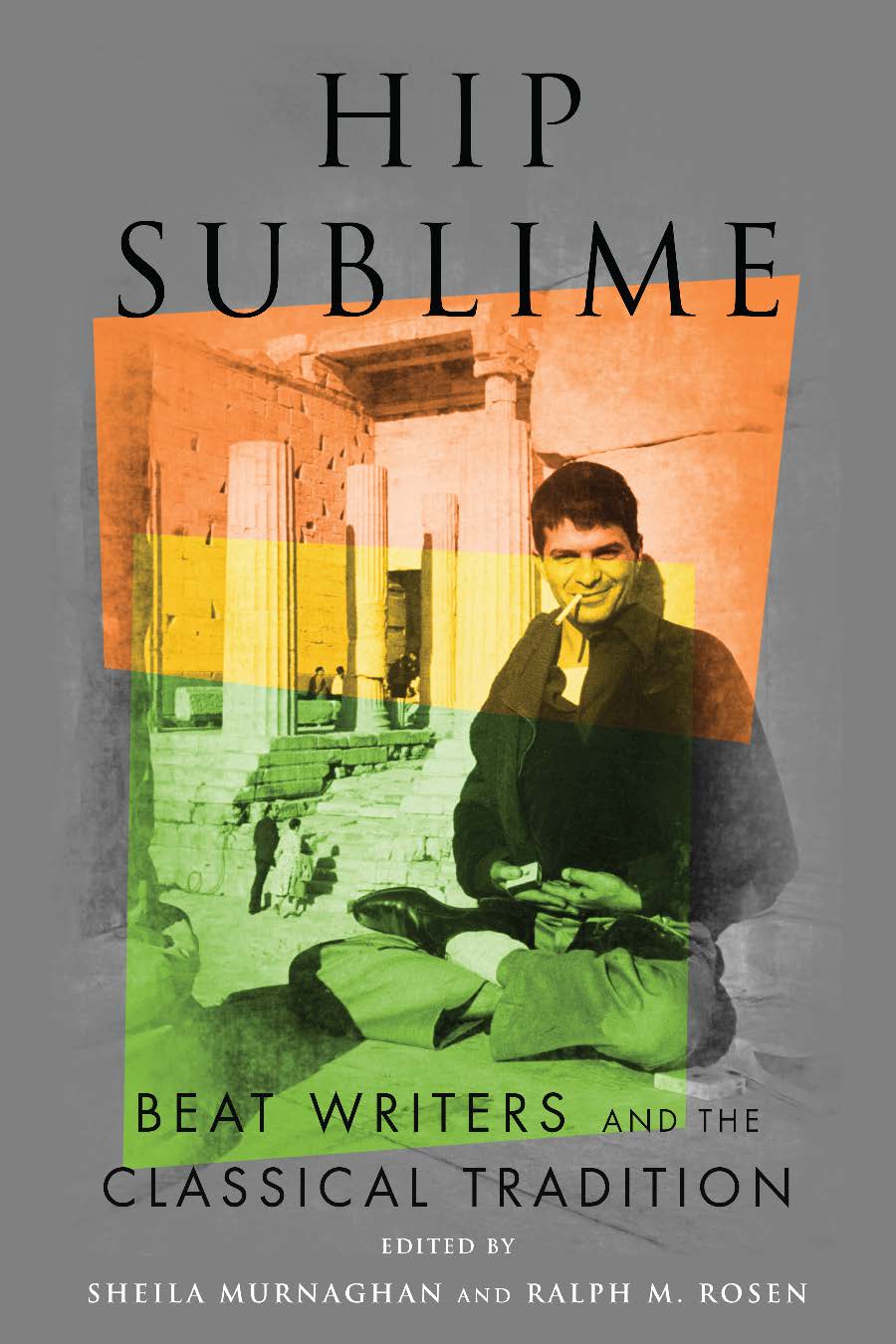As many of our readers know, ferries played a major role in much of classical literature and and tales of mythic journeys. The River Styx, for example, had to be crossed to reach life after death and the only way to mode of transport was in a ferryboat rowed Charon…an extortionist with leverage to spare. The evil boatman would only take a soul if their bodies had received funereal rites on earth, and he demanded to be paid prior embarkation. As a consequence funeral rites of the Ancient Greeks included placing a small coin or obolus under the tongue of a dead person for this purpose. And you think your commute is Hell?
We were hoping to find more reference to ferries when we began reading “Hip Sublime: Beat Writers and the Classical Tradition, (Ohio State Press) especially since the book’s premise means to support the movement’s formative appropriation of the Greek and Latin classics. We found many other reasons for enjoying this collection of essays, however.
Particularly engaging was the chapter on cult hero, Charles Bukowski, who was a marginal Beat writer at best, but still among that generation who drank deeply from the classical trough. “Radical Brothers-in-Arms: Gaius and Hank at the Racetrack,” explains how the author was enamored by the poetry of Catullus and came to regard him as fellow traveler.
Essayist, Marguerite Johnson, writes that Bukowski may have just been loitering on the outside rail, but he still lived the Beat ideal.
“you come right out and say things,
You’re not like the others; but listen, Catullus,
Didn’t I see you at the racetrack bar last Thursday?”

